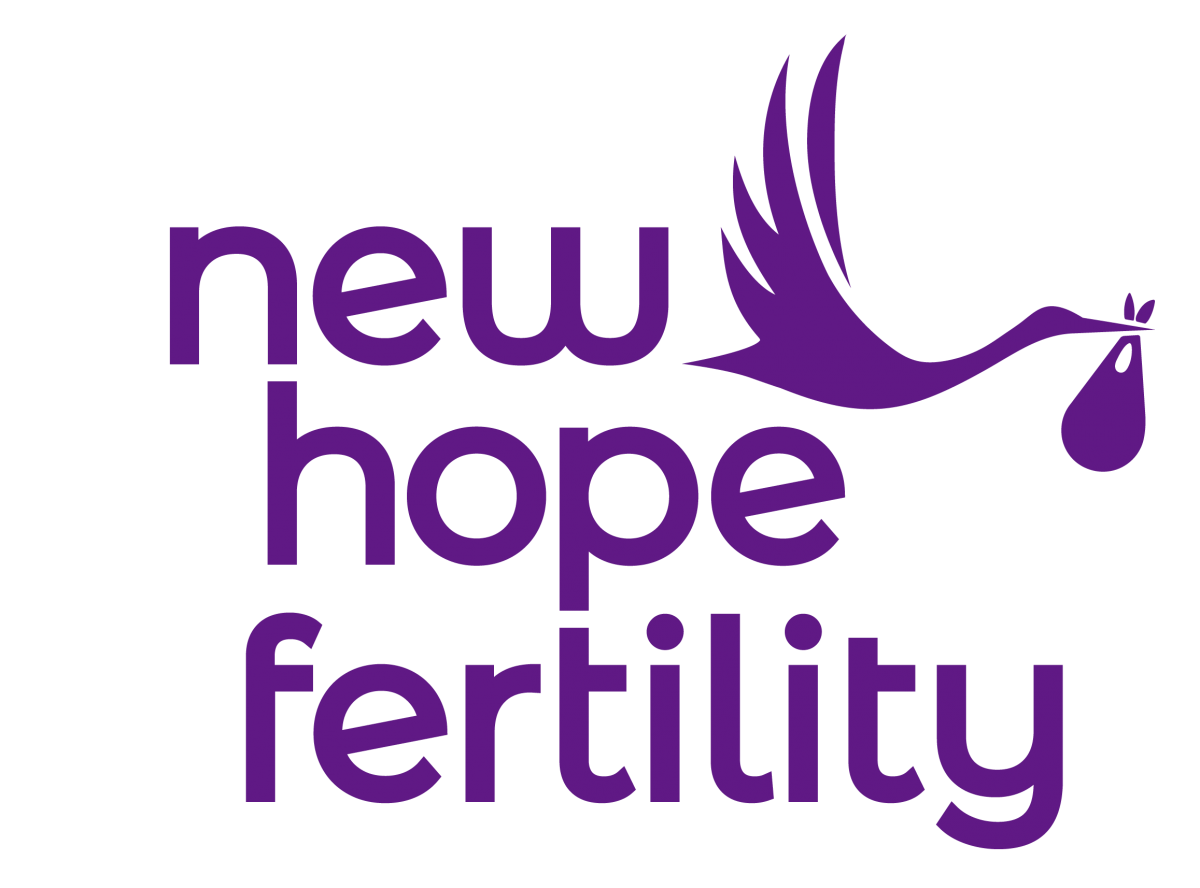One in five women in the United States struggles with starting a family due to infertility issues. Many factors can interfere with a woman’s ability to conceive — including age, hormone imbalances, and pre-existing conditions, to name a few. Along with exploring fertility solutions and procedures such as in vitro fertilization (IVF), there are several lifestyle-related steps every woman can take to enhance her fertility journey.
If you are having trouble conceiving, are preparing for IVF or other fertility-related procedures, or simply want to know what lifestyle changes you can make to increase your chances of becoming pregnant, the following tips to improve fertility may prove useful.
Tips to Improve Fertility
Proper nutrition, stress management, self-care, and reducing toxins in your home environment are all considered tried-and-true tips to improve fertility. Regardless of whether you’re at the beginning of your fertility journey or preparing for IVF, it’s always a good idea to incorporate these positive changes into your lifestyle.
Nutrition and Fertility
It’s well established that nutrition plays an important part in being able to conceive. Eating a balanced diet that includes healthy fats, vegetable proteins, and whole grains can boost fertility, studies indicate. Key nutrients that support fertility and a healthy pregnancy include folate and folic acid, Omega-3 fatty acids, and antioxidants.
Managing Stress and Emotional Well-being
Stress and depression can interfere with a woman’s ability to become pregnant. And fertility issues can cause a woman to feel stressed and depressed. It’s a potentially vicious cycle. There are, fortunately, techniques that can help with stress reduction. These include:
- Engaging in mindfulness practices including deep breathing, meditation, guided imagery, and progressive muscle relaxation to quiet the mind and body
- Increasing physical activity like aerobic exercise to control weight, balance hormones, and improve insulin levels
- Participating in cognitive behavioral group psychotherapy and support groups to decrease symptoms associated with both stress and mood disorders like depression
Avoiding Harmful Substances
Avoid consuming or exposing yourself to substances that are known to interfere with fertility.
-
- Smoking. Tobacco use can contribute to infertility. Smoking causes ovaries to age and prematurely depletes eggs.
- Consuming alcohol. While heavy drinking can put you at risk for ovulation disorders, even lighter social drinking can interfere with both conception and a healthy fetus. Experts recommend abstaining from alcohol altogether if you are trying to become pregnant.
- Consuming caffeine. Experts recommend limiting yourself to one or two cups of coffee a day if you’re trying to become pregnant.
- Over-the-counter drug use. Many common OTC drugs can interfere with fertility. Long-term use or high doses of NSAIDs, such as ibuprofen and aspirin, can make it more difficult to conceive.
- Environmental toxins. Environmental toxins can interfere with fertility. Stay away from pesticides, water from lead pipes, food with high levels of mercury, dry-cleaning solvents, and even certain cosmetics and herbal supplements.
Creating a Fertility-Friendly Environment
Along with the tips to improve fertility mentioned previously, two of the best lifestyle changes for fertility simply require you to minimize exposure to household toxins and get more sleep.
Take an inventory of every cleaning and lawn care product used in and around your home. Replace harsh chemicals with all-natural products. You can make homemade cleaning products out of vinegar, baking soda, and lemon juice, for example, and find non-toxic organic fertilizers and pesticide options at your local garden store. If you do buy commercial products, check the ingredients carefully to make sure they don’t contain anything toxic.
One of the most natural ways to increase fertility is to make sure you’re getting enough sleep. Research shows that a lack of sleep has a negative impact on fertility. Take steps to get 7-to-8 hours of sleep a night by staying off all electronic devices for at least an hour before bedtime and, to the extent possible, arrange your work schedule so you don’t have to work nights.
IVF Success Tips
If you’re preparing for IVF, you’ll want to make sure that you follow all of your healthcare provider’s instructions, including those concerning creating a healthy living environment, adopting sound exercise and eating habits, and managing your stress. It’s important to get partners and family members on board with these lifestyle changes for fertility. The more support you have from those closest to you, the greater your chances of having the outcomes you’re hoping for.
Why New Hope?
New Hope Fertility Center is home to world-renowned fertility specialists. We custom-design fertility treatments for the individual to increase the chances of a successful pregnancy. Our specialists believe in putting the patient first and being with them through every step of the fertility journey. Our team is well-versed in helping women of all ages reach their fertility goals and we are passionate about educating and supporting our patients throughout their journey. If you want compassionate fertility care, New Hope is the right place for you. Call us at (347) 970-8479 or schedule your initial consultation today!

